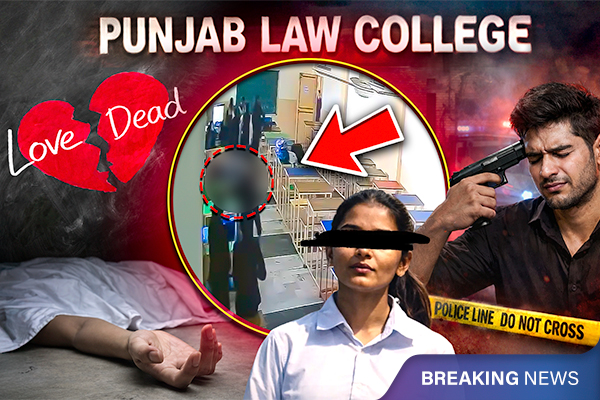The Boeing Crisis: Rising Questions After the Crash
Mounting evidence from internal whistleblowers and tragic accidents—including the recent Ahmedabad catastrophe—is casting a spotlight on Boeing’s practices.
In the world of aviation, safety is always very important. But now, Boeing—one of the biggest airplane companies in the world—is facing serious trouble. Whistleblowers have come forward saying that Boeing may have taken dangerous shortcuts while building some of its planes, like the 777 and 787.
A whistleblower is someone who bravely speaks up about problems or dangers, especially in their workplace. Two such whistleblowers, Sam Salehpour and John Barnett, have made serious claims about Boeing's safety practices. Sam, a senior engineer, said that while building the planes, workers left gaps in the plane's body, didn’t clean up metal debris, and even jumped on parts to make them fit. He warned that these issues could lead to damage or even a crash mid-air. John, who worked in quality control, said there were problems with faulty parts and oxygen systems in the 787 planes. Sadly, he later died by suicide, which brought more attention to how Boeing treats those who speak out.
The concern has grown even more after a recent tragedy in India. On 12 June 2025, Air India Flight AI171, a Boeing 787 Dreamliner, crashed just after takeoff from Ahmedabad. 269 people died—241 were on board and 28 on the ground. Only one person survived. The country is in shock. This is not the first Boeing-related crash in India. In 2020 (Kozhikode) and 2010 (Mangaluru), Boeing planes crashed while landing, killing around 158 people each. In 1996, a Boeing 747 was involved in a mid-air crash in Haryana, killing 349 people—India’s worst air disaster.
Boeing has also had many accidents globally. In 1991, a Boeing 767 crash killed 223 people. In 2013, a Boeing 777 crash in San Francisco left 3 people dead. The Boeing 737 MAX also had two big crashes in 2018 and 2019, killing 346 people in total. These crashes led to serious investigations and grounding of planes worldwide.
Now, the US Congress and the FAA (Federal Aviation Administration) have started looking into Boeing's working methods. Reports say that workers were told to ignore problems to speed up production. Many leaders are now asking for strict safety checks and better protection for whistleblowers.
In summary, Boeing is under serious pressure to improve its safety and working culture. Whistleblowers have raised strong warnings, and past accidents show how serious the matter is. To protect lives, strong action must be taken—before more tragedies happen.







